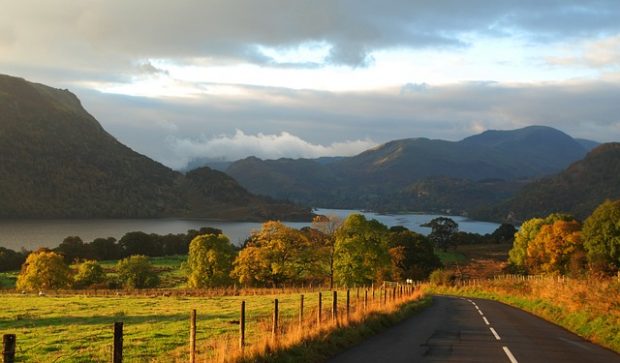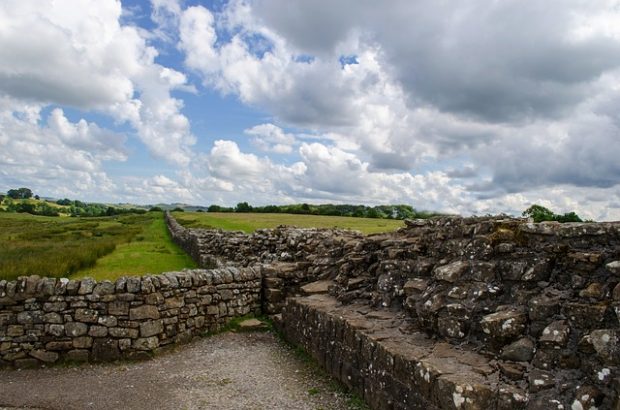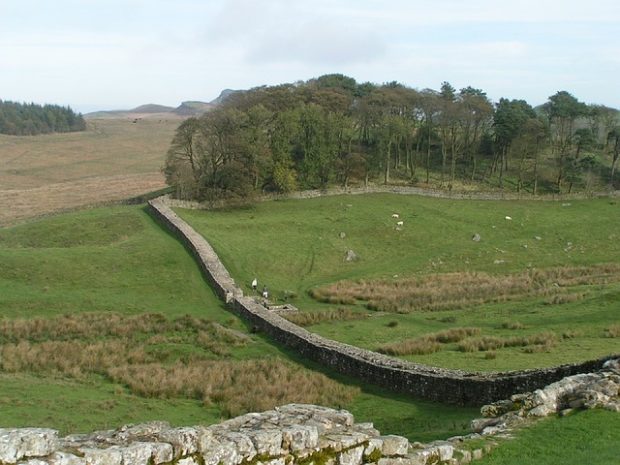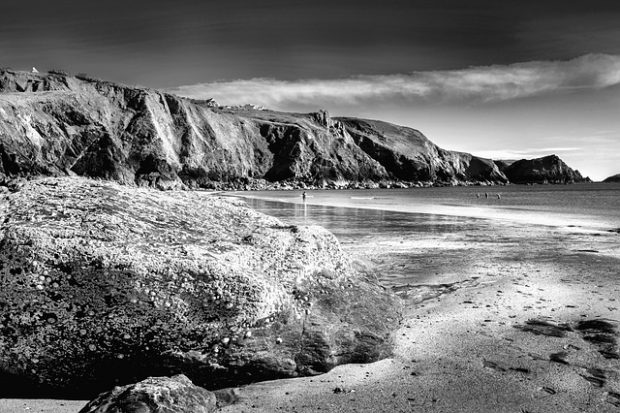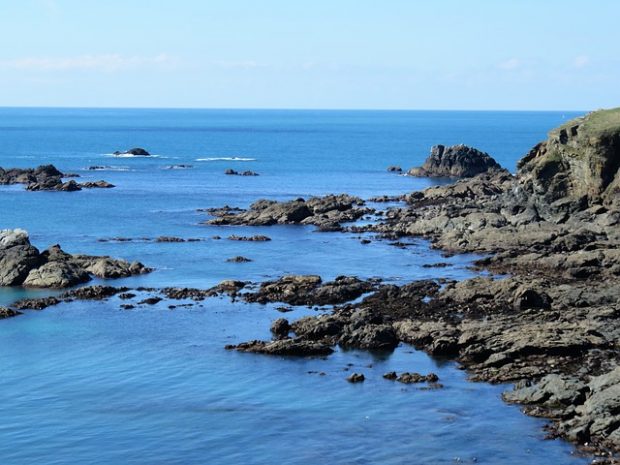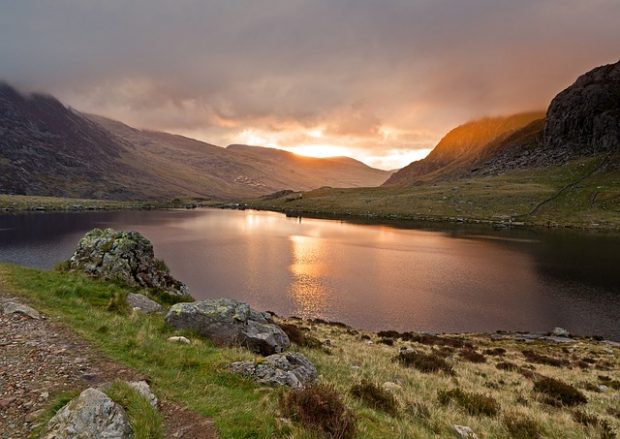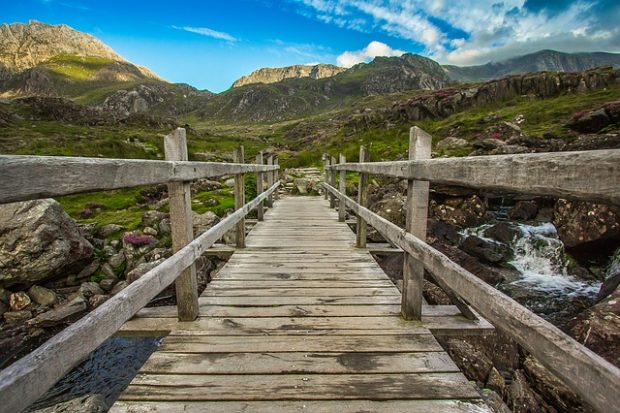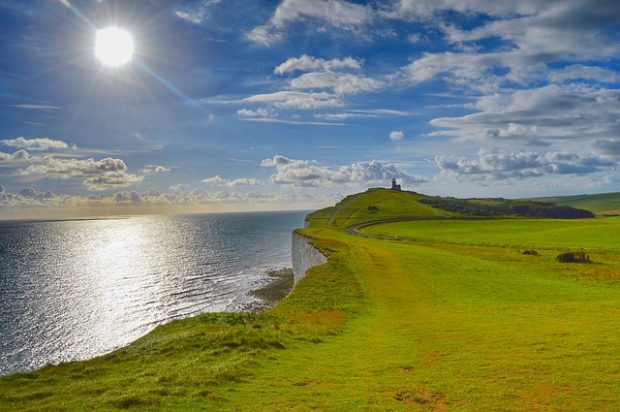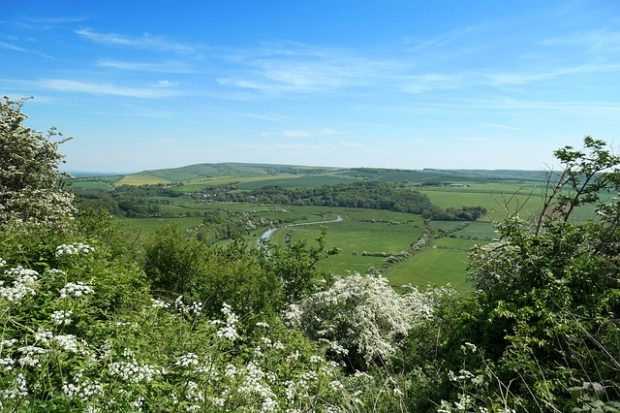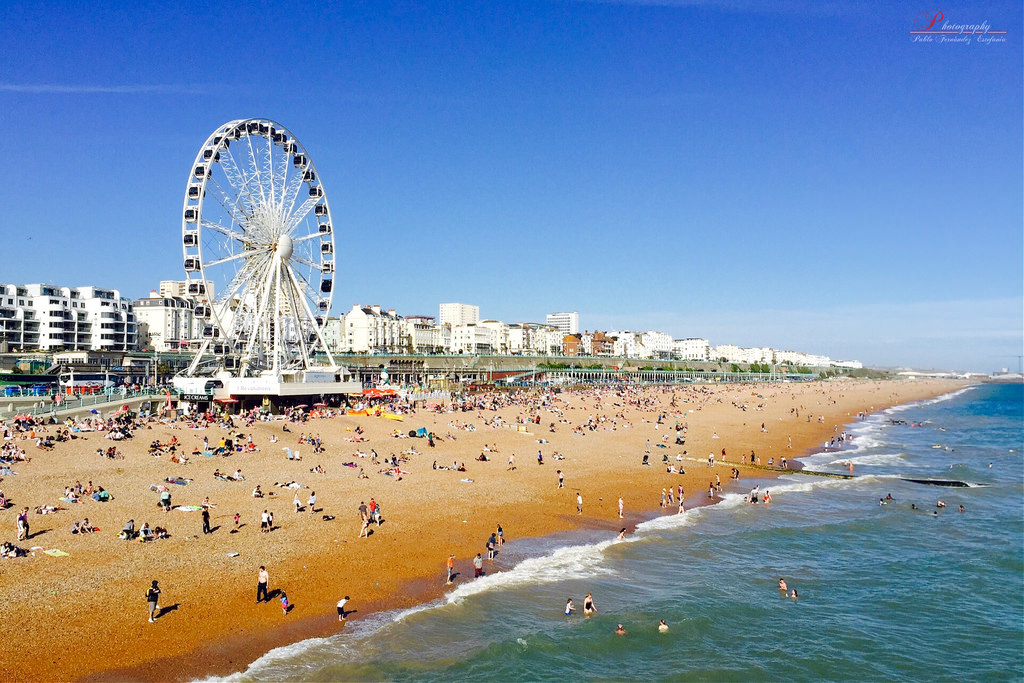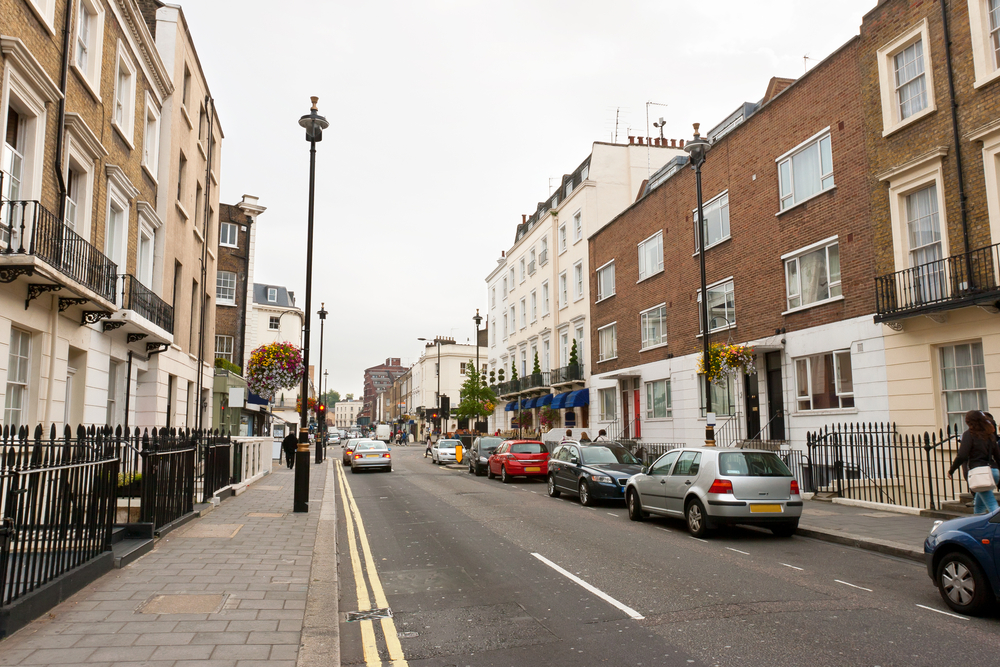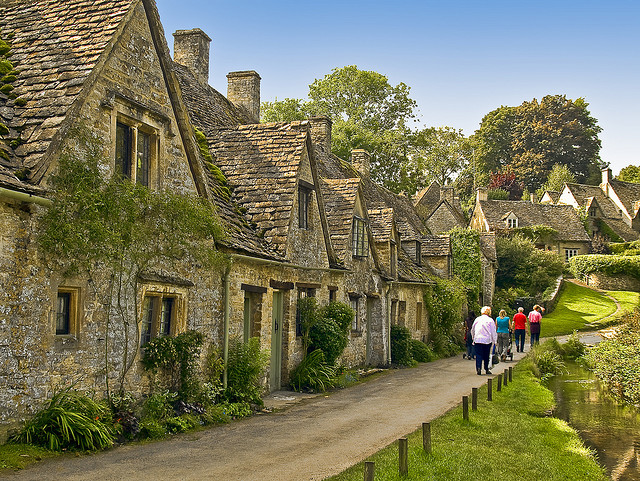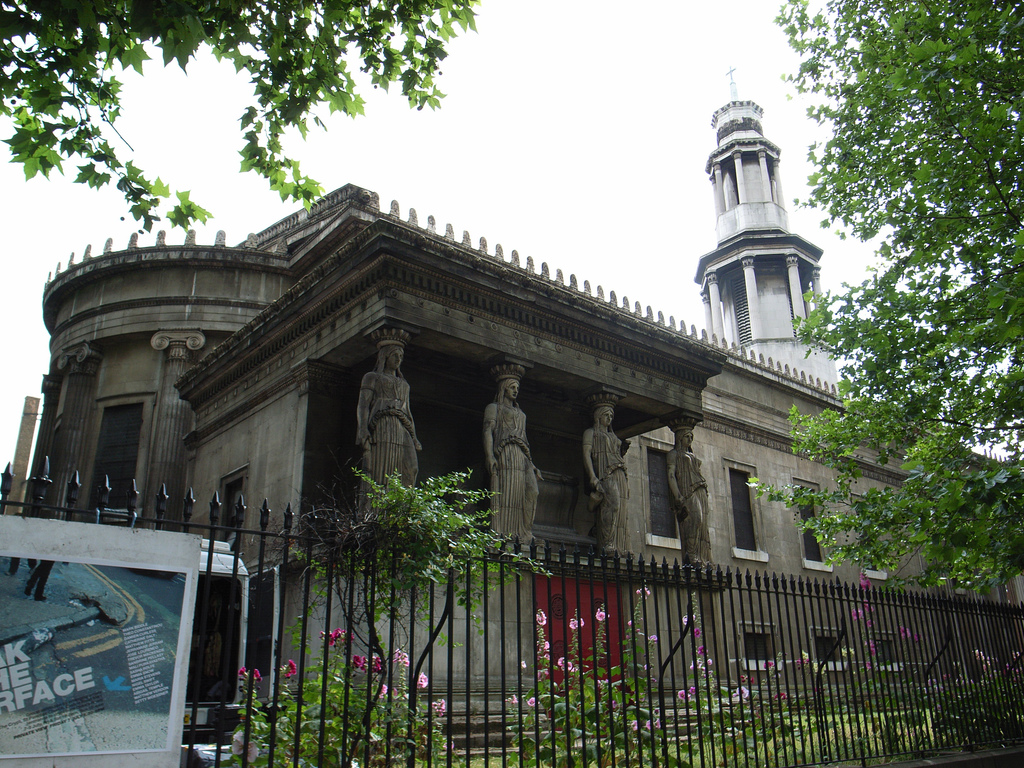Britain’s countryside is characterized by green hills, charming meadows, enchanting woodlands, and captivating coastlines. Though many people travel to the UK to visit London and other cities, it is no surprise that walking holidays in the UK are growing in popularity.
The UK is not famed for its sunny weather. However, it is the amount of rainfall which makes the British Isles so green and lush. Come rain or shine, it is a magical place to enjoy hiking. There are countless beauty spots across England, Scotland, Wales, and Northern Ireland. Here are 5 of the most special places.
At the moment, many travelers can enter the UK without a visa. However, citizens of some countries need a EVW UK to enter and the visa-waiver scheme may be expanded to include more nationalities in the near future.
The Lake District
The Lake District is the most popular national park in the UK. More than 15 million people each year visit the breathtaking UNESCO World heritage site. The area is renowned for its picturesque lakes, quaint villages, and cosy bed & breakfasts.There are over 3,000 kilometres of walking paths dotted around 12 of the largest lakes in England.

As well as the lakes, there are endless hills and mountain tarns which provide magnificent views as well as more challenging routes for more advance hikers. The Lake District has been popular destination ever since the 19th century, when the romantic ‘Lake Poets’ (Wordsworth, Coleridge, and Southey) caught the nation’s imagination.
Hadrian’s Wall
Britain’s most iconic Roman monument was built by the Roman emperor Hadrian in 122AD to mark the northern frontier of the empire. The 73-mile wall (or 80 Roman miles) stretches from the suburbs of Newcastle to the Solway Firth. The wall includes 80 milecastles and several giant forts which were once armed cities.
One of the main appeals of the walk is the sense of history but hikers can also enjoy some of the most beautiful wild scenery England has to offer (and some of the best country pubs). Hadrian’s Wall is a listed UNESCO site and it remains largely unexcavated.
The Lizard
The Lizard is Britain’s southernmost point. The peninsula treats walkers to breathtaking coastlines which include caves, coves, and exotic plants. Much of the flora is not typical across the rest of the UK as this part of the UK enjoys warmer weather.
Millions of visitors head to Cornwall in the summer months in search of sunshine but normally head to St. Ives or Newquay. The Lizard remains beautifully untouched by tourism and there are more than six-hundred miles of footpaths to follow. There are routes for all ages and abilities.
Snowdonia
Mount Snowdon is the highest mountain in Wales or England (the UK’s highest mountain is Ben Nevis in Scotland). It is over 1,000m high and set in the beautiful Snowdonia National Park in North Wales. Climbing Snowdon is easily achievable if you are reasonably fit and it takes around 6 or 7 hours to climb.
From the top, you can see jawdropping views of mountain peaks which span all the way to Anglesey in the west. Ascending Snowden is not only thing to do in Snowdonia. There are numerous other paths which take you past waterfalls, reservoirs, forests, and charming Welsh villages.
The South Downs
The South Downs stretch for 100 miles from Winchester (the historical ex-capital city) to the dramatic drop of Beachy Head. Though it feels very remote it is very close to London so it can be easily combined with a city break. It is easily accessible and ideal for a first walking holiday as the climbs are gentle.
The iconic white cliffs along the South Coast of England are iconic and stunning. The area is also renowned for its colorful wildflowers, thatched cottages, cornfields, woodlands, and traditional pubs. The route finishes in the seaside town of Eastbourne.

